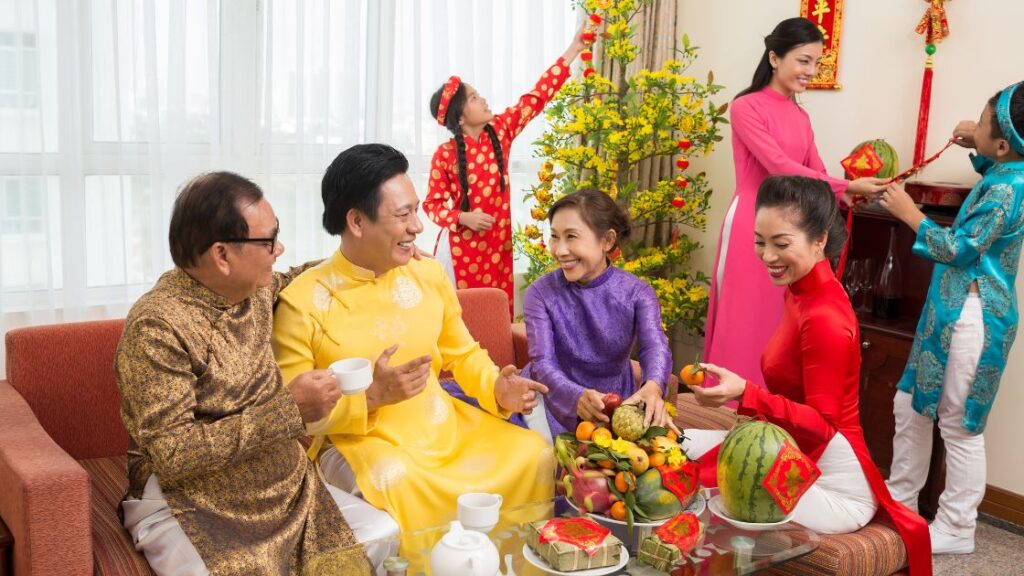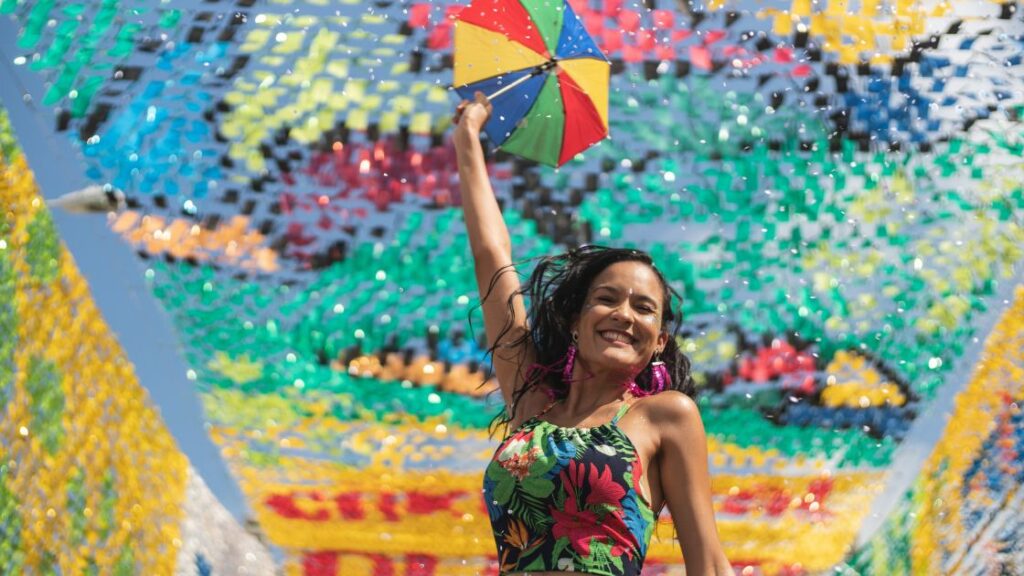Have you ever wondered why cultural identity is important to understanding your ancestral origins? Cultural identity is much more than where our ancestors come from; it’s the heartbeat of who we are.
Picture this: You’re sipping chai in a bustling Indian market, surrounded by vibrant colors, fragrant spices, and the rhythmic hum of life. Meanwhile, halfway across the world, someone else is savoring a croissant in a cozy Parisian café, the Eiffel Tower winking in the distance. Such moments, flavors, and sounds—as well as the beliefs, norms, and values of our cultural heritage – ultimately shape our worldview and interactions.
Let’s dive into why cultural identity matters and how it informs the way we experience our lives.
The Essence of Cultural Identity
What is my cultural identity? A person’s cultural identity, which includes nationality, race, religion, socioeconomic class, generation, locality, gender, and any other type of social group with a unique culture, is an integral aspect of one’s self-concept and self-perception. Cultural identity is both individual and referential to the shared elements or upbringing of members of a culturally identical group. It is an ever-evolving aspect of one’s personality that changes within the discourses of social, cultural, and historical experiences.
How Cultural Identity Forms

Our cultural identity isn’t a conscious decision; it’s an intricate dance of assimilation. From childhood, we absorb traditions, language, cues, and rituals like sponges. Grandma’s secret recipe? That’s cultural heritage. The neighborhood festival? Cultural celebration. Our identity emerges from family dinners, community gatherings, relationships, and personal experiences—the warp and weft of our tapestry.
Need an example? Think back to a time you stumbled upon a hidden gem of a restaurant or shop. Remember the delightful ways the owners shared stories of their homeland while serving aromatic curry or explaining the significance of a special curio? That’s cultural identity in action.
In the modern, hyperconnected world, cultures spread and coexist in many places. Sushi meets tacos, Bollywood grooves blend with hip-hop beats, and our favorite yoga or martial arts workouts have roots in ancient civilizations. But amidst this fusion, we grapple with clashes—when old world customs collide with modern sensibilities. Self-awareness becomes our compass, guiding us through this cultural maze.
You can quickly see why cultural identity is important when you consider experiences had when interacting with a person of another culture. Have you ever tried to explain a concept like “personal space” to a friendly stranger from a culture that thrives on closeness? Or maybe you’ve been schooled on the “heat” levels of spicy cuisine by a bemused waiter at an ethnic restaurant. When in Rome, do as the Romans do—but always with an awareness of the differences at play.
Digging Deeper into Why Cultural Identity is Important

Want to experientially expand your understanding of why cultural identity is important and how it impacts your own personal identity? Here are some tips for incorporating this awareness into your daily life:
- Active Listening: Put down your phone and tune in to stories from elders, neighbors, and strangers. Their tales hold wisdom and heritage and could help you discover more about your own story.
- Open-Mindedness: Swap judgment for curiosity. Explore unfamiliar customs without preconceptions. Be curious, ask questions, and embrace the unfamiliar. Who knows? You might find a new favorite dish or a soul-stirring melody.
- Empathy: Walk in someone else’s shoes. Feel their joys, sorrows, and celebrations. Empathy bridges gaps, dissolves barriers. It’s the key to personal and multicultural understanding.
The Ultimate Takeaway
Your cultural identity isn’t a burden; it’s a treasure chest. Polish those gems! Embrace your quirks—the way you slurp noodles or dance when no one’s watching. And guess what? The world needs your uniqueness. It’s the spice that flavors our global stew.
10 Ways to Experience Why Cultural Identity is Important
- Cook a Family Recipe: Whip up Grandma’s lasagna or Dad’s biryani. Taste memories.
- Learn a Traditional Dance: Salsa, Kathak, or Irish jig—let your feet tell stories.
- Visit Cultural Festivals: From Diwali to Carnival, immerse yourself in the magic.
- Trace Your Ancestry: DNA tests or old family albums—unearth your lineage.
- Read Folktales: Discover hidden wisdom in tales from around the world.
- Attend Language Classes: Parlez-vous français? ¡Claro que sí!
- Explore Art and Music: From flamenco to abstract paintings, find your muse.
- Connect with Elders: Their memories are time capsules.
- Travel with an Open Heart: Let cultures surprise you.
- Share Your Story: Your voice matters. Write, blog, or sing your truth.
So, fellow voyager, explore, embrace, and enjoy the many ways cultural identity enriches life! Having an understanding of not only WHY cultural identity is important, but how it is integral to our experience of the world can enhance personal development and provide a profound sense of belonging.
For more on the impacts of ancestry and culture on personal development, check out our post Understanding Generational Patterns and Cultural Heritage.


